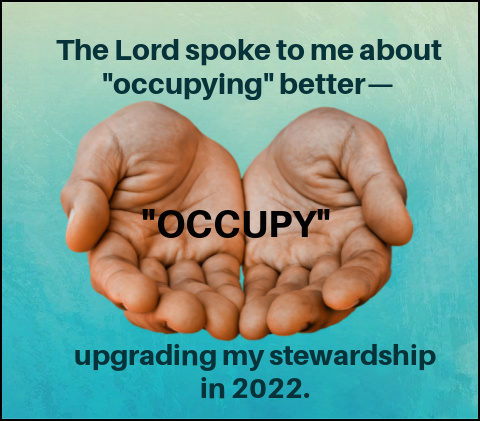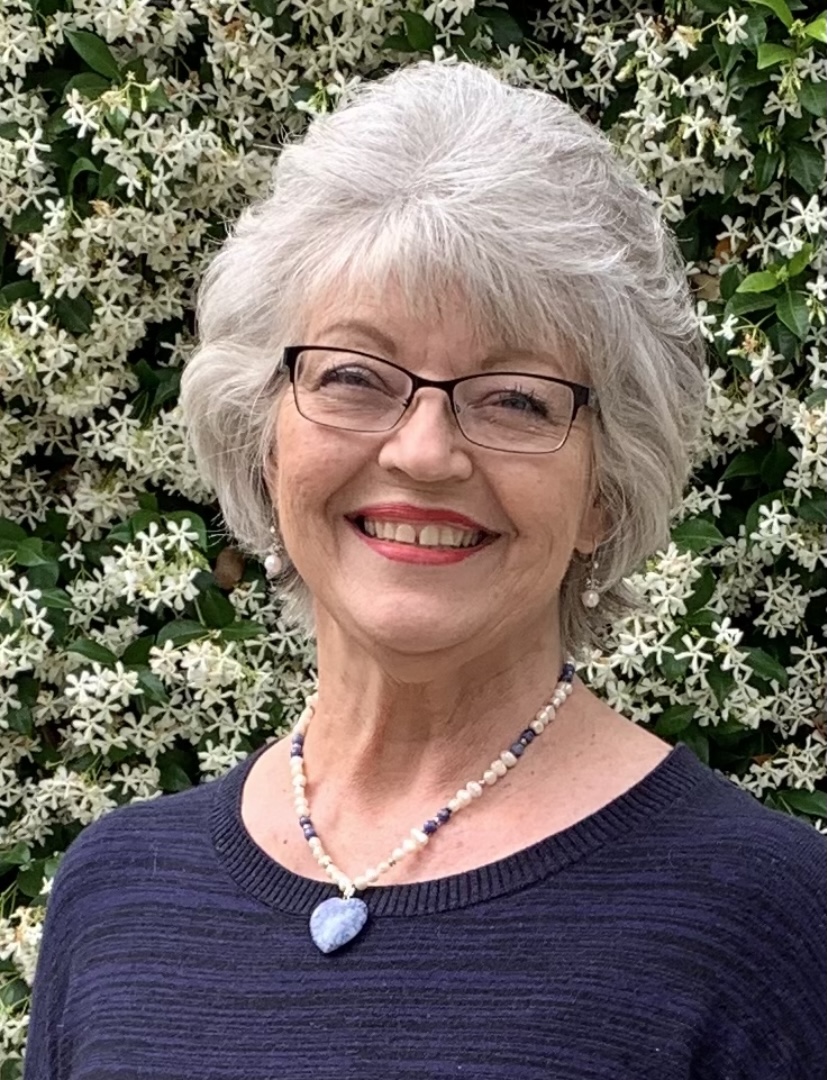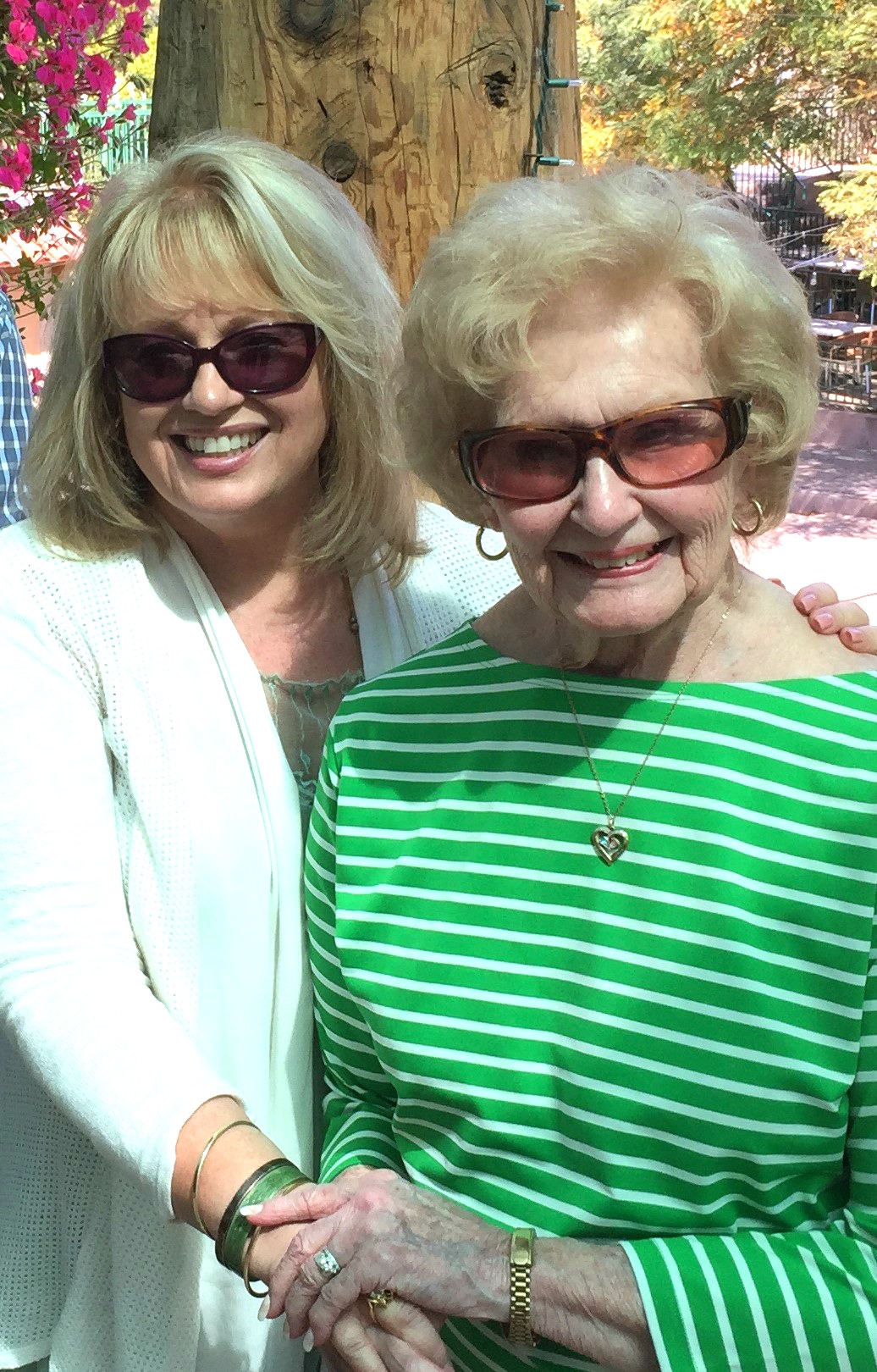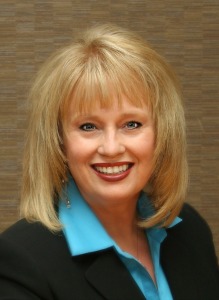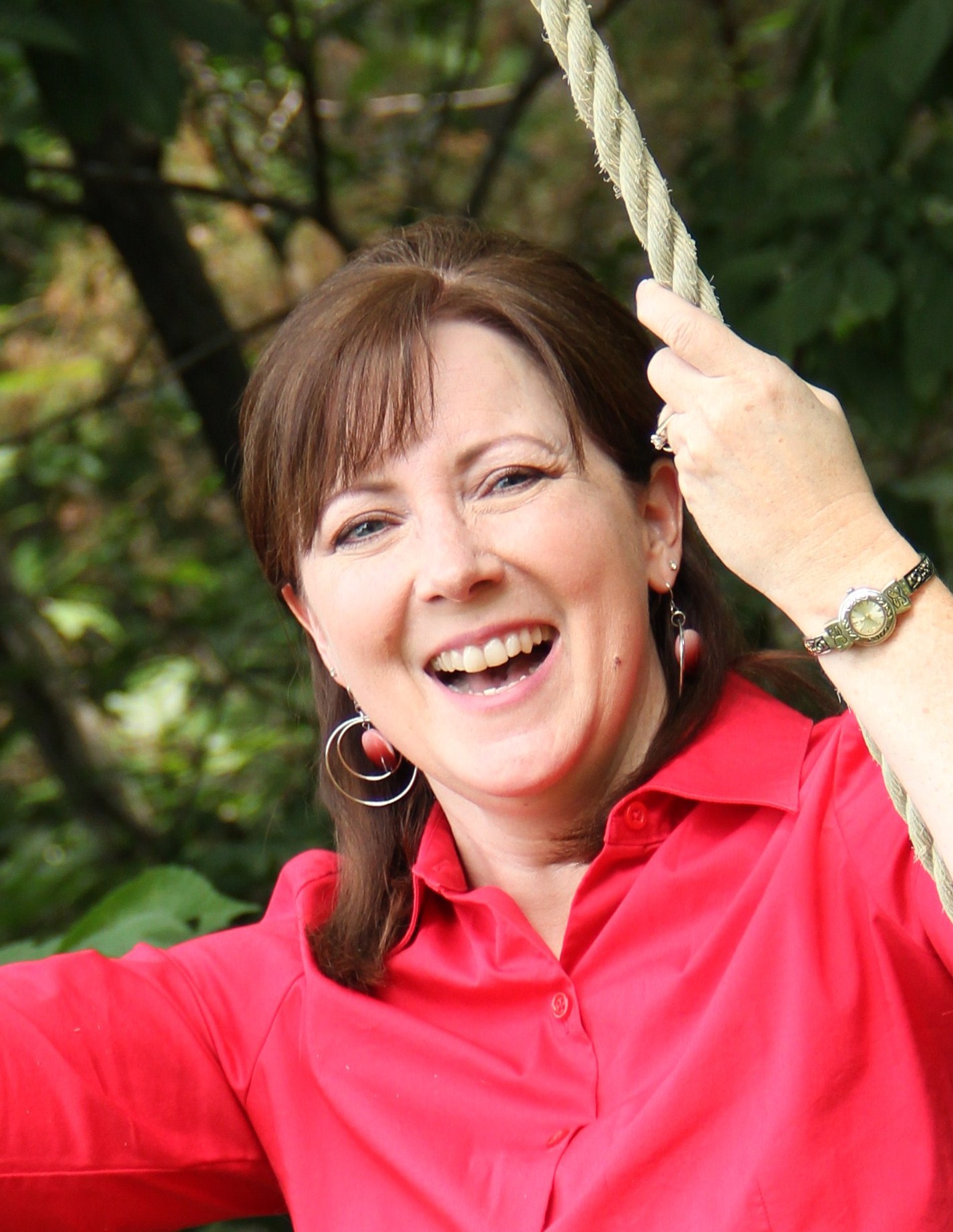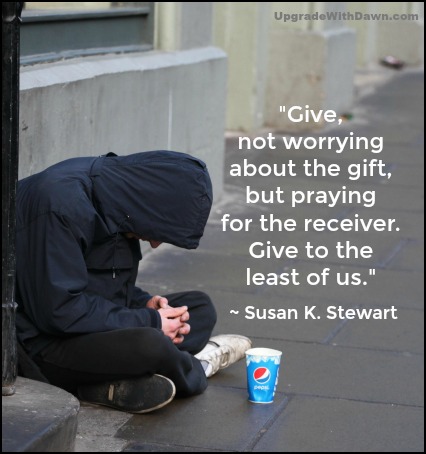How to Champion Your Missionaries
Sally Ferguson helps people see the wonder in the simple moments of life when they are yielded to God and based in the truth of God's Word. In this Ministry UPGRADE, she gives us insight into missionaries' needs, and how we can help in practical ways.
"The young widow burst into happy shouts," Sally said.
"Our team stared speechless as she showed us her empty jar. There was no food for her table tonight, but our bag of provisions became her sustenance."
As a missionary wife, I (Dawn) so appreciate Sally's heart for missions. I agree with her about the many ways Christians can bolster missionaries and their work for the Kingdom of God.
Sally continues . . .
I had the privilege of seeing an Elijah moment (1 Kings 17:7-16) in person. Not only did God answer her prayer for food, but He answered ours, "to be the hands and feet of Jesus."
This wasn’t my first trip to Uganda, but it was the first to see something like this—and we were in awe of what God had done.
Missionaries are often put into tough spots as they seek to balance the needs they see before them, and their own need for healthy boundaries.
How do they juggle a desire to help everyone they see, with the limited resources they manage?
Tim Stevenson* says,
"You can’t fix everything, but you can help someone. Focus on that which you can do and leave the rest."
Tim and Colleen* have certainly helped many in over thirty years of serving in Uganda, through construction, establishing schools, developing sponsorship programs, and training pastors. Their leadership is known and respected throughout the country.
Maybe you’re thinking you can’t be a missionary like Tim and Colleen? Did you know missionaries depend on folks back home to be their emotional support as well as for prayer backing?
Here are three ways we can partner with our missionaries from afar.
1. Go
Many missionaries welcome work teams to join in the work. The partnership enables a bigger return for the time investment, and, in linking arms together, lightens their load.
Visiting teams benefit from the experience of seeing the endeavor firsthand and leave more blessed because of the opportunity to serve.
Over the last twelve years, our church has sent work teams to Uganda and Alaska, and eye clinics, pastoral training, and grief counseling to Uganda. Each person returns home with a keen appreciation for the amenities we take for granted and for people who serve long-term in other cultures.
The trip enables people to take ownership in the calling of missions and puts a personal bent on what mission assignments look like.
The Holy Spriit equips us to go as God’s ambassadors (Acts 1:8).
2. Greet
When missionaries take a furlough, it is not a vacation.
The furlough usually involves extensive traveling to home base churches to stay in contact with financial and emotional support. Many times, these stops include speaking and recruiting new supporters.
It is an exhausting life and a place where you can step in to provide a reprieve.
Do you have . . .
- an extra car in the driveway?
- a spare bedroom where they can relax away from itineration?
- extra seats at your dining room table?
Missionaries need time away with their family, as well as time with your family.
Could you take them to see . . .
- a baseball game?
- a state park in your neck of the woods?
- a local wonder?
Hospitality is more than opening your home. It is opening your heart to welcome another in. Even a picnic can be the best medicine when the conversation is sweet.
Practice hospitality (Romans 12:13).
3. Give
All missionaries feel the sting of financial restrictions. They yearn to meet the needs they encounter every day and yet not have the resources to match their desire to help.
That’s where we come in.
We can give out of our excess, or we can give sacrificially, depending on our ability.
2 Corinthians 9:7 says God loves a cheerful giver, but what it doesn’t say is giving makes you cheerful.
The act of generosity is contagious and heart lifting.
Yes, a need is met, but your needs get met, too, because we’re all wired to serve. It’s like a release of endorphins that creates a party in your heart!
Ask your missionaries about their projects.
Ours have ministries to families of AIDS victims, sewing programs, shoe apprenticeships, hair dressing, and catering training, school construction, well drilling, health facilities, child sponsorships and widow visitation. Yours may have that or a myriad of other outlets.
Let your dollars and cents add up to treasures for the Kingdom.
Paul said, Your gifts are pleasing to God. (Philippians 4:18).
Most of all, missionaries, like all people, need to be reminded they are cherished for who they are, and not for how much they can burn out.
Encourage them in sickness and health, in poverty and wealth, and in their full pursuit of God. You will be blessed by their gift of friendship and have a front row seat to many more Elijah moments!
How will you bolster your missionaries?
Sally Ferguson loves to dive into God’s Word and splash His refreshing water onto others. She speaks and writes with a look at snapshots of life in the sunshine and in the storms. Sally plans women’s retreats and she’s working on a Bible study for caregivers. She lives in the beautiful countryside of Jamestown, New York, with her husband and her dad. Visit Sally at her website.
* Learn more about the ministry of missionaries Tim & Colleen Stevenson — https://heartofourafrica.blogspot.com/p/about-us.html.
Graphic adapted, courtesy of Antoni Shkraba at Pexels.
 Post a Comment → Posted on
Post a Comment → Posted on  Tuesday, April 12, 2022 at 9:22AM
Tuesday, April 12, 2022 at 9:22AM 




